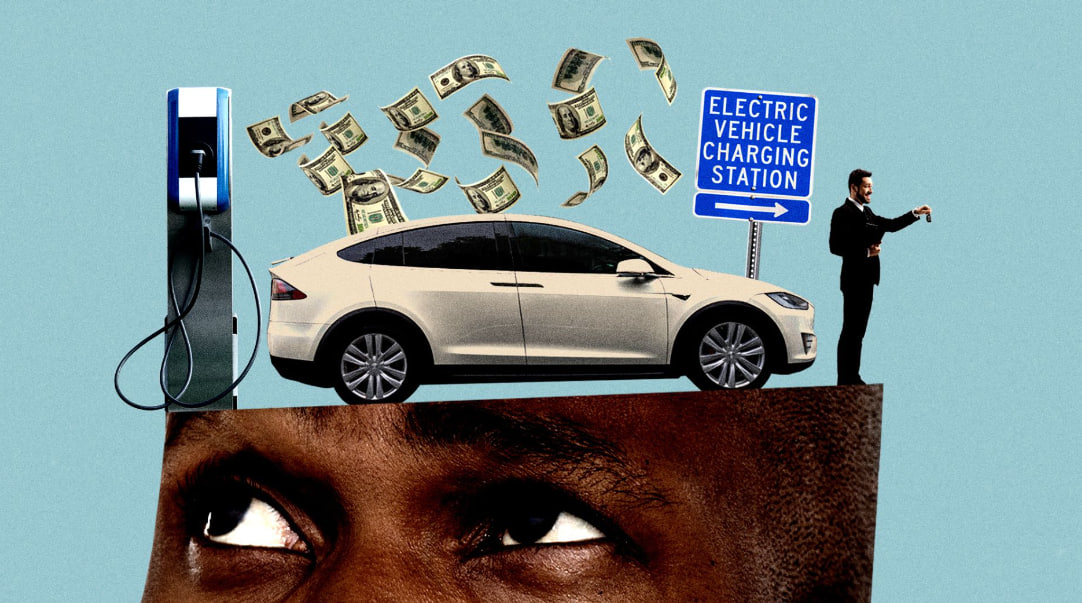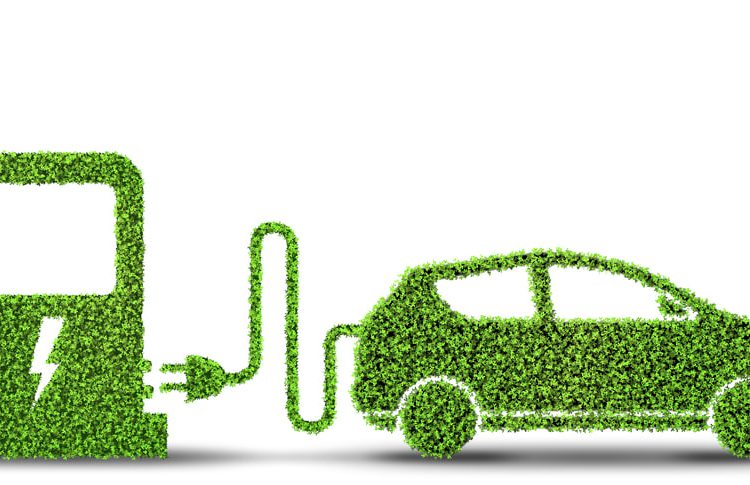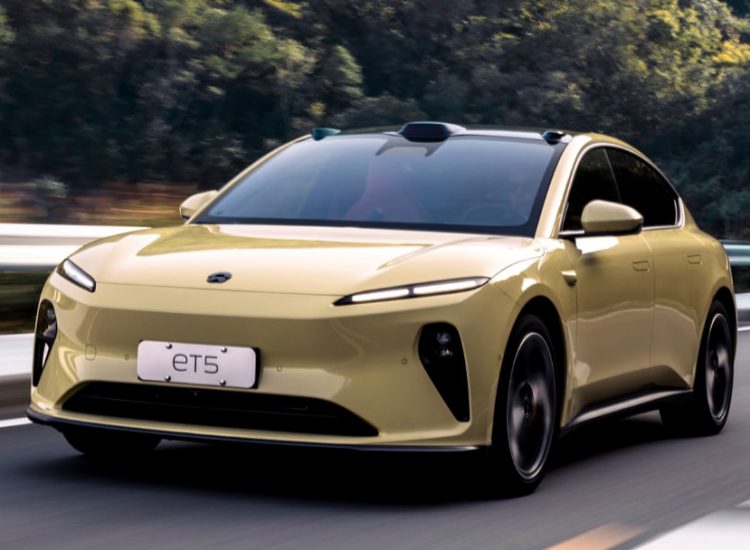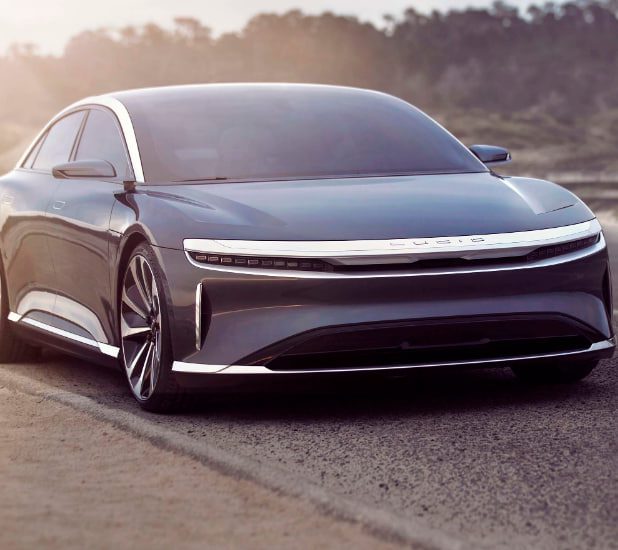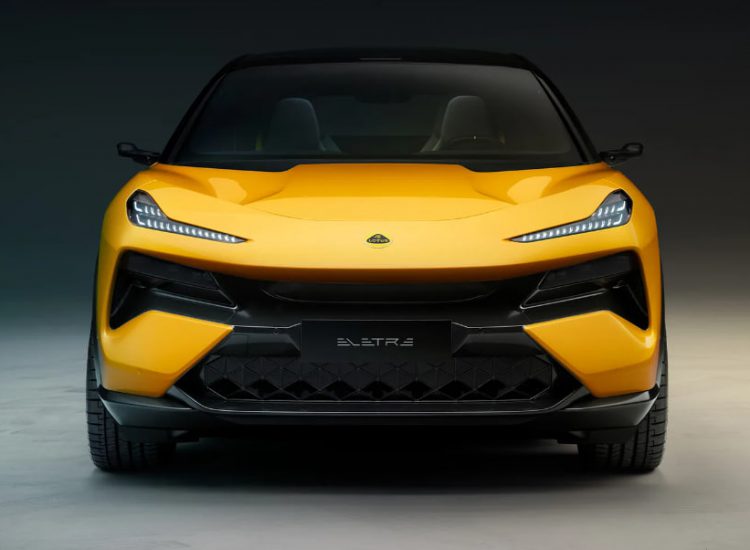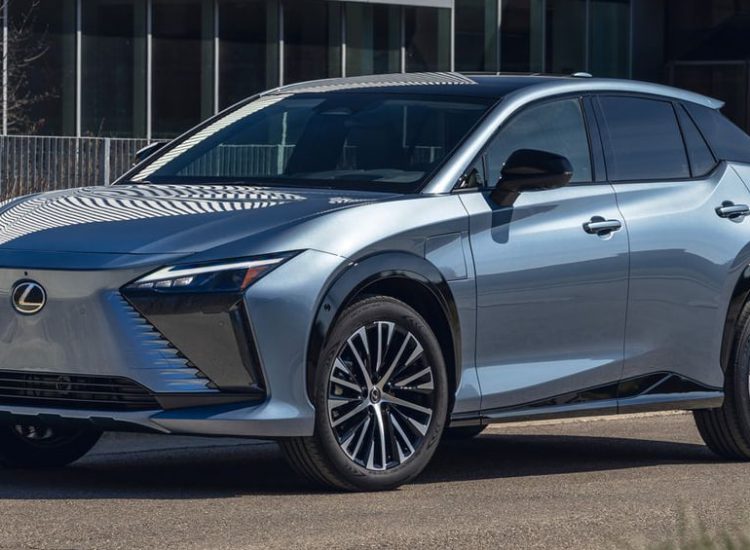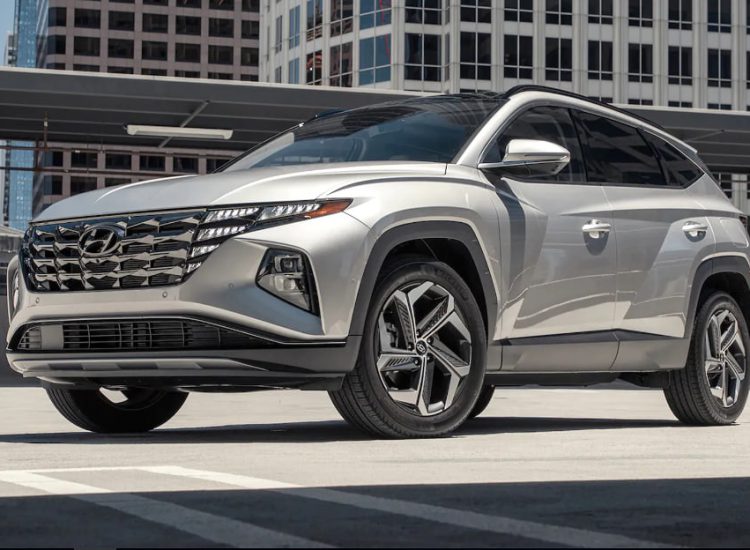The electric SUV is quickly becoming one of the most popular types of electric vehicles on the market. With its combination of size, power, and efficiency, it is easy to see why. This article will explore the many benefits of owning an electric SUV, from its environmental impact to its cost savings.
Toc
- 1. Exploring the Benefits of Owning an SUV Electric Car
- 2. How SUV Electric Cars are Changing the Automotive Industry
- 3. Related articles 01:
- 4. Comparing the Performance of SUV Electric Cars to Traditional Gasoline-Powered SUVs
- 5. The Latest Innovations in SUV Electric Car Technology
- 6. Related articles 02:
- 7. Understanding the Cost of Owning an SUV Electric Car
Exploring the Benefits of Owning an SUV Electric Car
One of the most obvious benefits of owning an electric SUV is its environmental impact. Electric vehicles produce zero emissions, meaning they are much better for the environment than traditional gasoline-powered vehicles. This is especially true for electric SUVs, which are larger and more powerful than other electric vehicles. By driving an electric SUV, you can help reduce air pollution and greenhouse gas emissions, making a positive contribution to the environment.
Another benefit of owning an electric SUV is the cost savings. Electric vehicles are much more efficient than gasoline-powered vehicles, meaning they require less energy to operate. This translates into lower fuel costs, as electric vehicles require no gasoline or diesel fuel. Additionally, electric vehicles are eligible for various tax credits and incentives, which can further reduce the cost of ownership.
Finally, electric SUVs offer a great combination of size and power. They are larger than other electric vehicles, providing more interior space and cargo capacity. At the same time, they are still relatively efficient, meaning they can still get good fuel economy. This makes them ideal for those who need a vehicle with plenty of space but don’t want to sacrifice efficiency.
In conclusion, electric SUVs offer a great combination of size, power, and efficiency. They are better for the environment than traditional gasoline-powered vehicles, and they can save you money in the long run. If you are looking for a vehicle that is both powerful and efficient, an electric SUV may be the perfect choice for you.
How SUV Electric Cars are Changing the Automotive Industry
The automotive industry is undergoing a major transformation as electric vehicles become increasingly popular. One of the most exciting developments in this area is the emergence of SUV electric cars. These vehicles offer the same ruggedness and off-road capability of traditional SUVs, but with the added benefit of zero emissions. As a result, they are becoming increasingly popular with consumers who want to reduce their environmental impact without sacrificing the features they love.
The advantages of SUV electric cars are numerous. For starters, they are much more efficient than their gasoline-powered counterparts. This means that they require less energy to operate, resulting in lower fuel costs and fewer trips to the gas station. Additionally, electric vehicles are much quieter than their gasoline-powered counterparts, making them ideal for city driving. Finally, electric vehicles are much more environmentally friendly, as they produce zero emissions.
The emergence of SUV electric cars is also having a major impact on the automotive industry. As more consumers opt for electric vehicles, automakers are investing heavily in the development of new models. This has resulted in a wide range of options for consumers, from luxury SUVs to more affordable models. Additionally, automakers are investing in the development of charging infrastructure, making it easier for drivers to charge their vehicles on the go.
The rise of SUV electric cars is also having a major impact on the automotive industry’s bottom line. As more consumers opt for electric vehicles, automakers are seeing increased sales and profits. This is due to the fact that electric vehicles require less maintenance and are more efficient than their gasoline-powered counterparts. Additionally, electric vehicles are often eligible for government incentives, which can further reduce the cost of ownership.
In conclusion, SUV electric cars are revolutionizing the automotive industry. They offer the same ruggedness and off-road capability of traditional SUVs, but with the added benefit of zero emissions. As a result, they are becoming increasingly popular with consumers who want to reduce their environmental impact without sacrificing the features they love. Additionally, the emergence of SUV electric cars is having a major impact on the automotive industry, as automakers are investing heavily in the development of new models and charging infrastructure. Finally, the rise of SUV electric cars is also having a major impact on the automotive industry’s bottom line, as more consumers opt for electric vehicles and automakers see increased sales and profits.
1. https://suvwars.com/review-of-electric-car-suv-lexus-rz-2023
2. https://suvwars.com/6-factors-that-make-electric-car-batteries-drain-quickly
3. https://suvwars.com/car-review-lucid-air-pure-2023-suv
4. https://suvwars.com/evaluate-nio-et5-2023-suv-line-of-smart-electric-vehicles
5. https://suvwars.com/review-lotus-type-132-2023-suv-car-of-the-companys-latest-model
Comparing the Performance of SUV Electric Cars to Traditional Gasoline-Powered SUVs
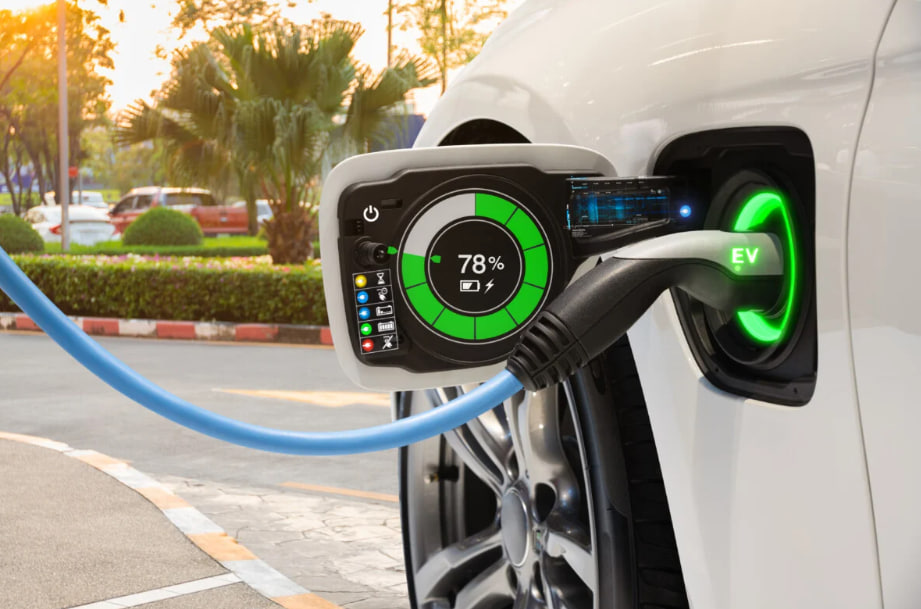
The performance of electric SUVs has been compared to that of traditional gasoline-powered SUVs in recent years. While electric SUVs have become increasingly popular, it is important to understand the differences between the two types of vehicles in order to make an informed decision when purchasing a new vehicle.
Electric SUVs offer a number of advantages over traditional gasoline-powered SUVs. For starters, electric SUVs are more efficient, as they require less energy to travel the same distance. This means that electric SUVs can travel farther on a single charge than gasoline-powered SUVs, making them ideal for long-distance trips. Additionally, electric SUVs are much quieter than their gasoline-powered counterparts, making them a more pleasant driving experience.
In terms of performance, electric SUVs are generally more powerful than gasoline-powered SUVs. This is due to the fact that electric motors are able to generate more torque than gasoline engines, allowing electric SUVs to accelerate faster and reach higher top speeds. Additionally, electric SUVs are able to generate more power at lower speeds, making them better suited for off-roading and other activities that require a lot of power.
However, electric SUVs do have some drawbacks. For one, electric SUVs are more expensive than gasoline-powered SUVs, as they require more expensive batteries and other components. Additionally, electric SUVs are not as widely available as gasoline-powered SUVs, making them harder to find in certain areas. Finally, electric SUVs require more frequent charging than gasoline-powered SUVs, making them less convenient for long-distance trips.
Overall, electric SUVs offer a number of advantages over traditional gasoline-powered SUVs, including greater efficiency, more power, and a quieter driving experience. However, electric SUVs are more expensive and less widely available than gasoline-powered SUVs, making them less convenient for long-distance trips. Ultimately, the decision of which type of SUV to purchase should be based on the individual’s needs and preferences.
The Latest Innovations in SUV Electric Car Technology
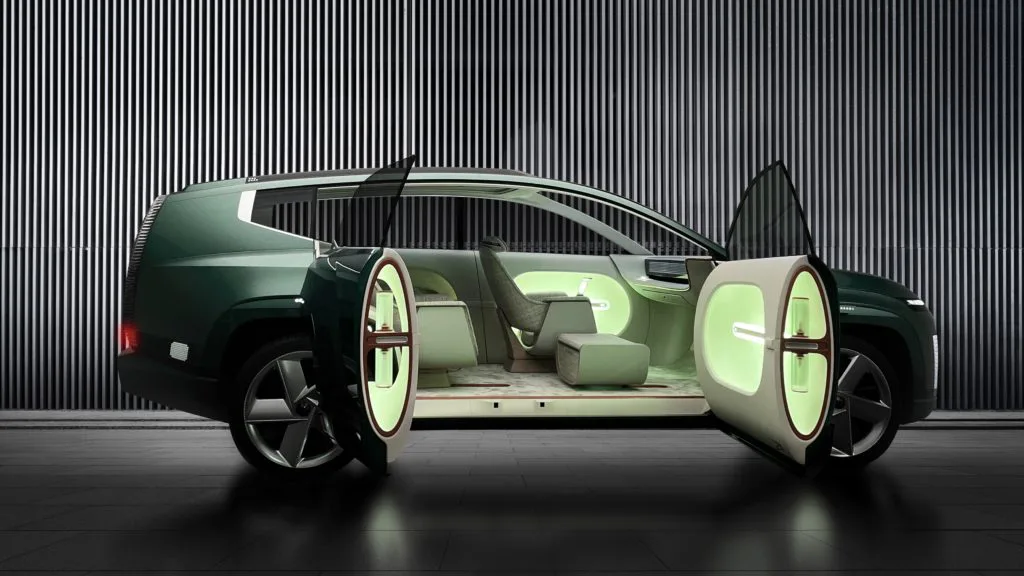
The electric car industry is rapidly evolving, and the SUV segment is no exception. In recent years, manufacturers have been introducing a variety of new technologies to make electric SUVs more efficient, powerful, and user-friendly. Here are some of the latest innovations in electric SUV technology.
One of the most exciting developments in electric SUV technology is the introduction of advanced battery technology. Many electric SUVs now feature lithium-ion batteries that offer higher energy density and longer range than traditional lead-acid batteries. This allows electric SUVs to travel farther on a single charge, making them more practical for long-distance trips.
Another major advancement in electric SUV technology is the introduction of advanced driver assistance systems (ADAS). These systems use sensors and cameras to detect potential hazards on the road and alert the driver to take corrective action. This can help reduce the risk of accidents and make driving an electric SUV safer and more enjoyable.
Another recent innovation in electric SUV technology is the introduction of wireless charging. This technology allows electric SUVs to be charged without the need for a physical connection to a power source. This makes it easier to charge an electric SUV while on the go, and it eliminates the need for messy cables and cords.
1. https://suvwars.com/review-lotus-type-132-2023-suv-car-of-the-companys-latest-model
2. https://suvwars.com/car-review-lucid-air-pure-2023-suv
3. https://suvwars.com/the-benefits-of-electric-cars-for-the-environment
4. https://suvwars.com/aston-martin-dbx-2023-is-one-of-the-super-luxury-suv-models
5. https://suvwars.com/review-of-electric-car-suv-lexus-rz-2023
Finally, electric SUVs are now being equipped with advanced infotainment systems. These systems allow drivers to access a variety of features, such as navigation, music streaming, and hands-free calling. This makes it easier to stay connected while on the road and adds a level of convenience and comfort to the driving experience.
These are just a few of the latest innovations in electric SUV technology. As the industry continues to evolve, we can expect to see even more exciting developments in the near future.
Understanding the Cost of Owning an SUV Electric Car
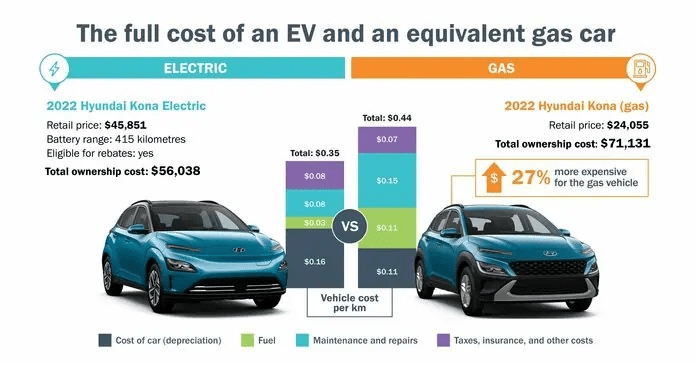
The cost of owning an SUV electric car is an important factor to consider when making a purchase. While electric cars are becoming increasingly popular, they can be expensive to own and maintain. This article will provide an overview of the costs associated with owning an SUV electric car.
The initial cost of an SUV electric car is typically higher than that of a traditional gasoline-powered vehicle. This is due to the higher cost of the battery and other components that are necessary for the car to operate. Additionally, the cost of charging the battery can be expensive, depending on the type of charger used and the electricity rates in the area.
The cost of maintenance for an SUV electric car is also higher than that of a traditional vehicle. This is due to the complexity of the electric components and the need for specialized technicians to perform maintenance. Additionally, the cost of replacing the battery can be expensive, as the battery is typically the most expensive component of the car.
The cost of insurance for an SUV electric car is typically higher than that of a traditional vehicle. This is due to the higher cost of repairs and the potential for more expensive damage due to the complexity of the electric components. Additionally, the cost of liability insurance may be higher due to the increased risk of an accident involving an electric car.
Finally, the cost of fuel for an SUV electric car is typically lower than that of a traditional vehicle. This is due to the fact that electric cars do not require gasoline and the cost of electricity is typically lower than that of gasoline.
In conclusion, the cost of owning an SUV electric car is typically higher than that of a traditional vehicle. This is due to the higher initial cost, higher maintenance costs, higher insurance costs, and lower fuel costs. However, the long-term savings in fuel costs and the environmental benefits of electric cars may make them a worthwhile investment.
